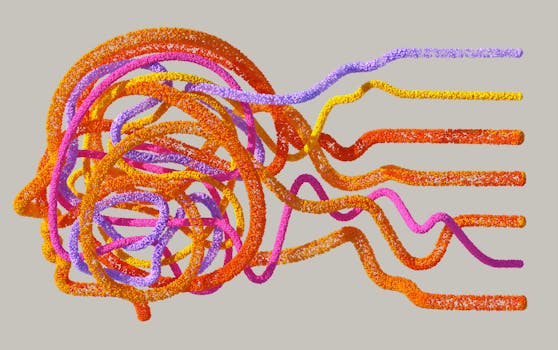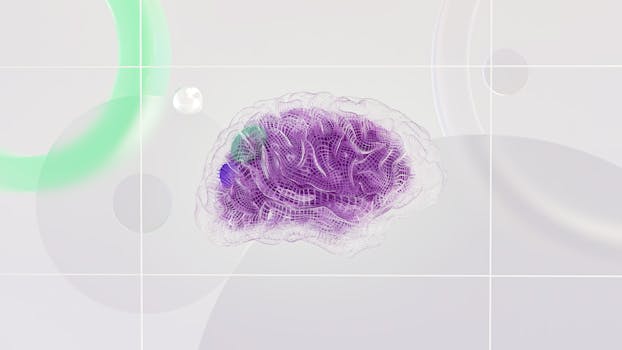
Introduction

Artificial Intelligence (AI) has become a transformative force in various sectors, and its impact on scientific research is profound. With the ability to analyze vast amounts of data quickly and accurately, AI technology is not only enhancing the research process but also enabling breakthroughs that were previously thought to be unattainable.
Enhancing Data Analysis

One of the most significant advantages of AI in scientific research is its capability to process and analyze large datasets. Traditional methods of data analysis can be time-consuming and prone to human error, but AI algorithms can sift through terabytes of data in a fraction of the time. For instance, in fields like genomics, AI is employed to identify patterns in genetic sequences, which can lead to personalized medicine and targeted therapies.
Accelerating Discoveries

AI technologies can simulate experiments and model complex systems, allowing researchers to test hypotheses without needing physical trials. This capability not only speeds up the research process but also reduces costs. For example, in drug discovery, AI can predict how different compounds will interact with biological targets, significantly shortening the timeline to bring new therapies to market.
Driving Innovation in Various Fields

The application of AI in scientific research spans numerous disciplines, from environmental science to astrophysics. In climate science, AI models can analyze climate data and predict future climate patterns, enabling better preparedness for climate change impacts. In astrophysics, AI is used to analyze data from telescopes, leading to new discoveries about the universe, including the identification of exoplanets and understanding cosmic phenomena.
Conclusion

The integration of artificial intelligence into scientific research is revolutionizing how scientists approach problems and discover new knowledge. By enhancing data analysis, accelerating discoveries, and driving innovation across various fields, AI is set to play a crucial role in shaping the future of research. As technology continues to advance, the collaboration between AI and human researchers will likely lead to unprecedented scientific achievements.





